Sustainable solutions in Northern Iraq
1 Million Paper Bags
March 6, 2022
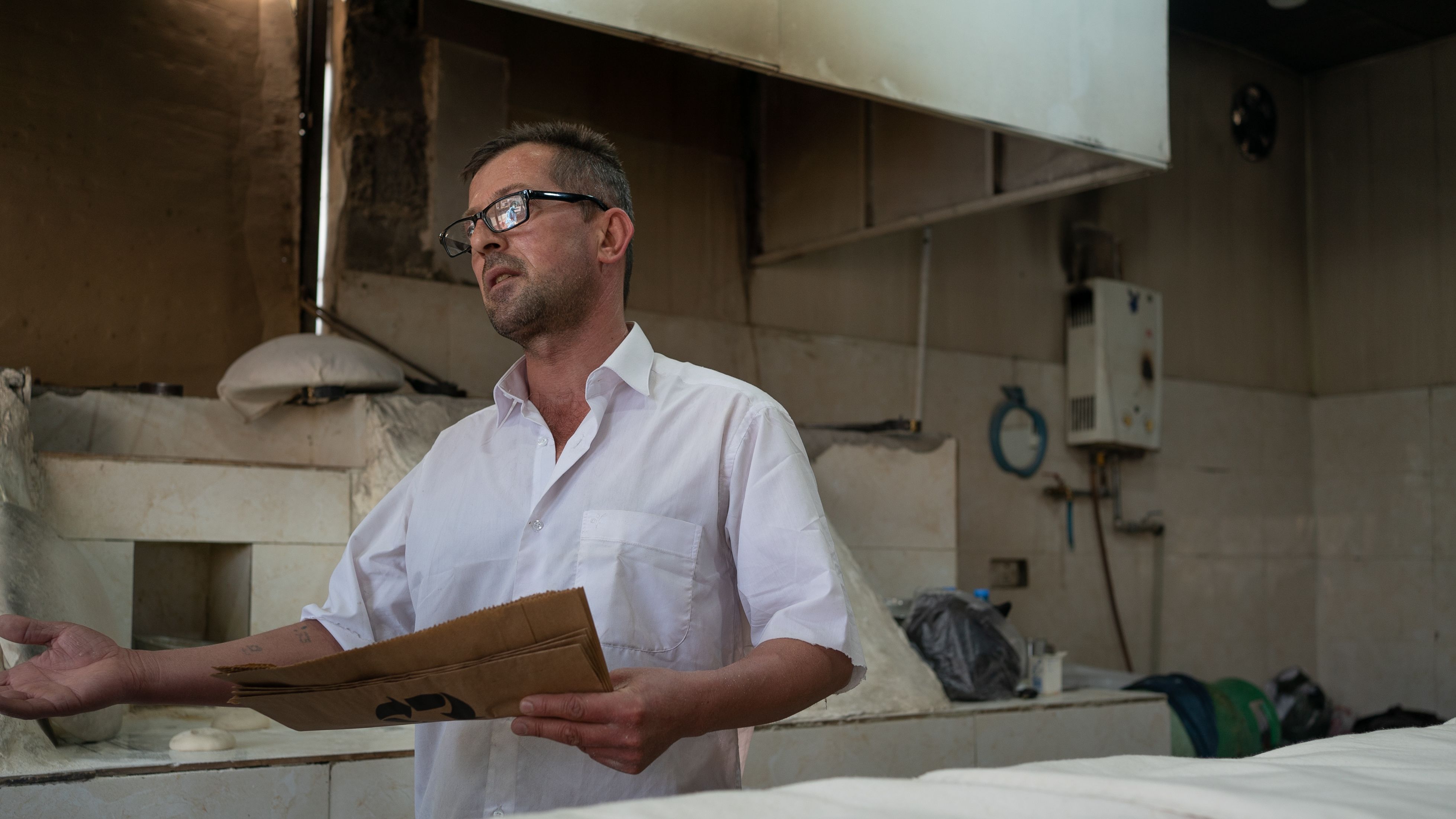
Paper bags for bakeries.
An initiative by Eco-Vital Organization in partnership with UNDP, funded by EU.
Plastic is going nowhere.
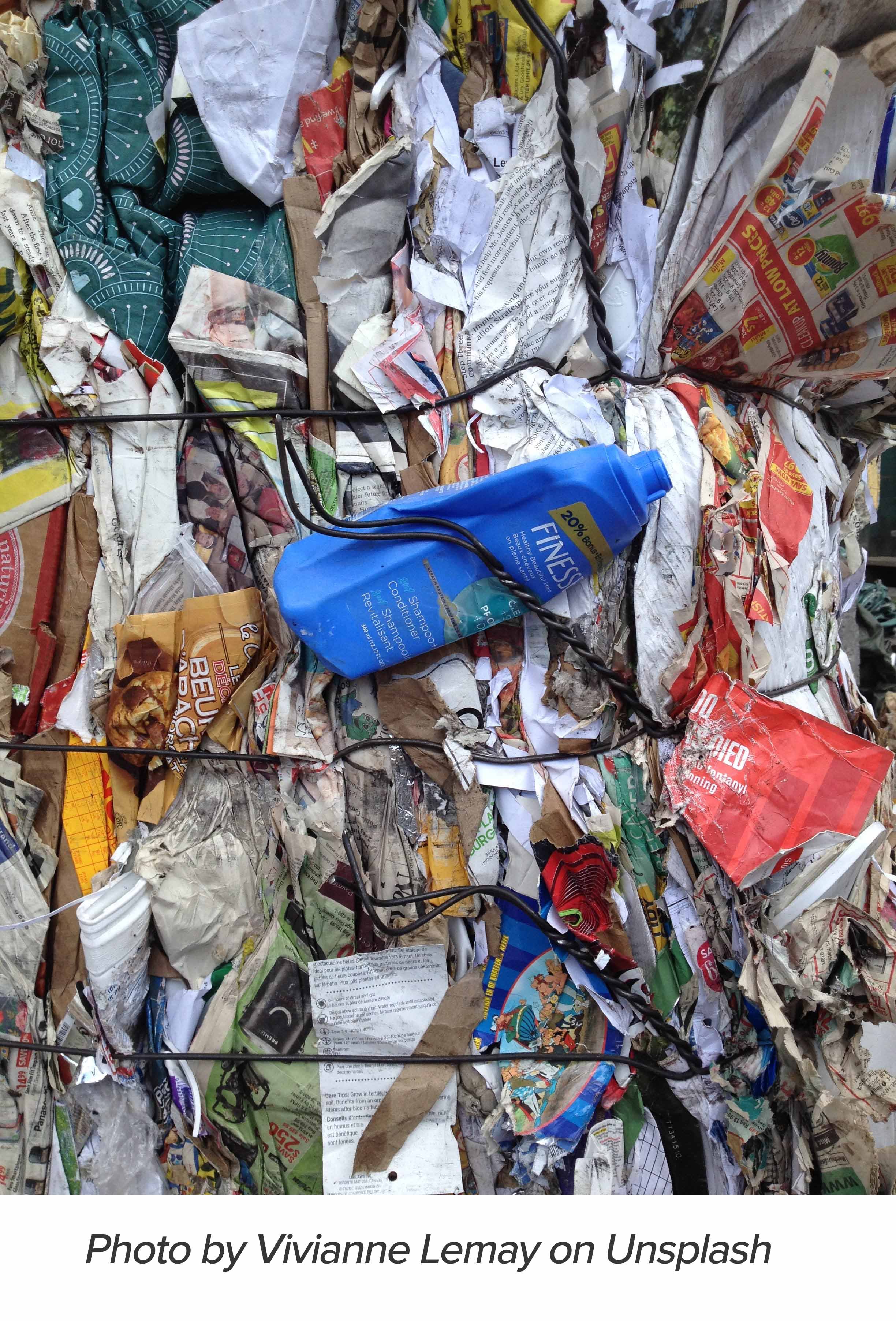
The consumption of plastic in Iraq -and the rest of the world- is a serious problem. The device you are looking at now is made mostly out of plastic. The clothes people wear today are mostly made of plastic. To put it simply, plastic is in every part of our lives, and isn't going anywhere, literally and figuratively.
The city of Erbil produces over 1500 tonnes of solid waste every day, which get either dumped in landfills or burned in open air. Most of the waste comes from packaged goods, mainly water bottles and plastic bags. It is known by now that microplastics not only pollute the environment, but their particles also manage to make their way into the human body, especially when the plastic gets heated up, potentially causing health problems.
With no real recycling solutions at hand, and no serious regulation on plastic production, humanitarian organizations in Kurdistan are rushing to address the problem at its source by introducing policy papers that aim at banning the manufacturing and importing of plastics, and presenting alternative solutions to the public.
Everyone loves bread. Bread loves paper.
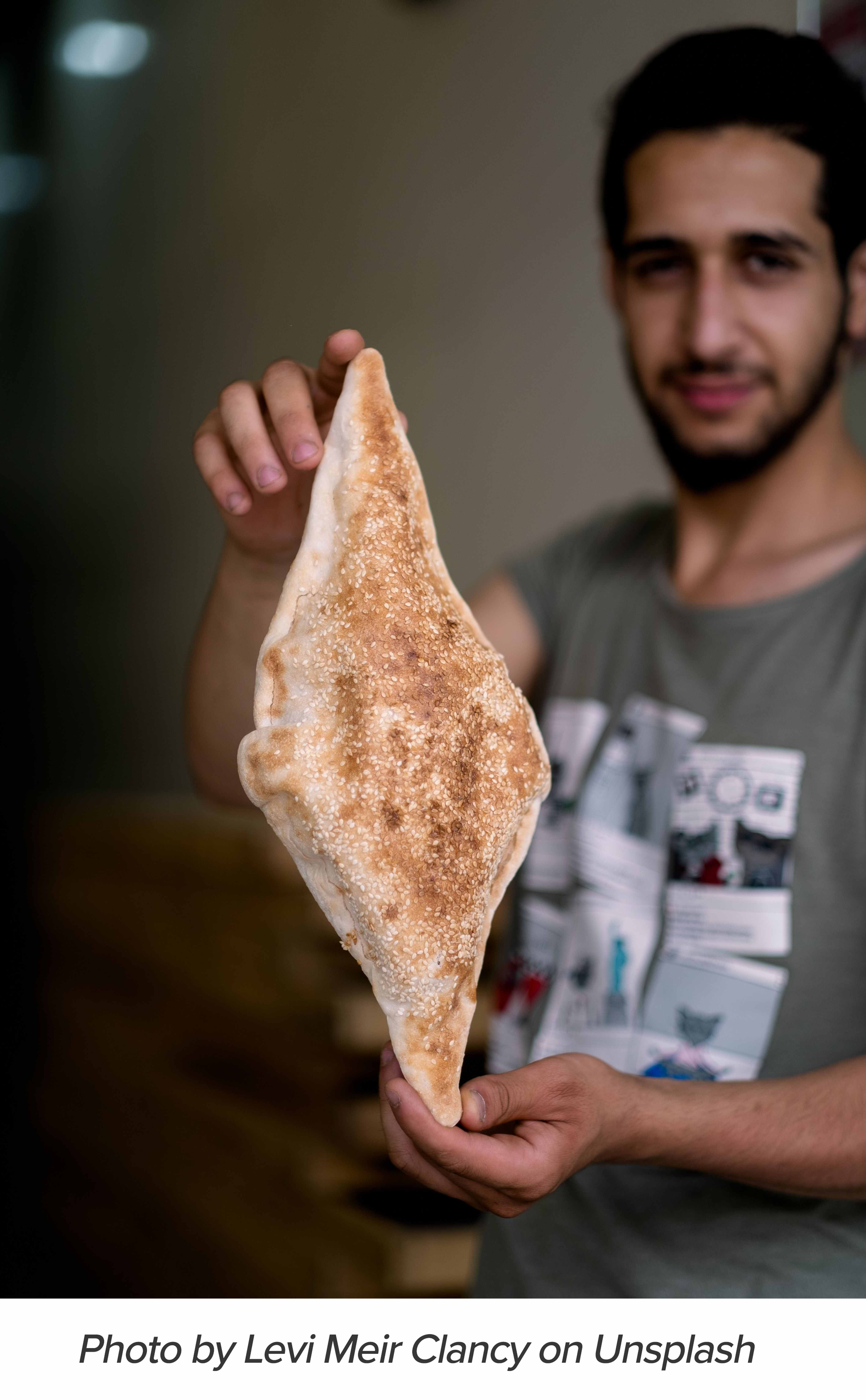
The consumption of plastic in Iraq -and the rest of the world- is a serious problem. The device you are looking at now is made mostly out of plastic. The clothes people wear today are mostly made of plastic. To put it simply, plastic is in every part of our lives, and isn't going anywhere, literally and figuratively.
The city of Erbil produces over 1500 tonnes of solid waste every day, which get either dumped in landfills or burned in open air. Most of the waste comes from packaged goods, mainly water bottles and plastic bags. It is known by now that microplastics not only pollute the environment, but their particles also manage to make their way into the human body, especially when the plastic gets heated up, potentially causing health problems.
With no real recycling solutions at hand, and no serious regulation on plastic production, humanitarian organizations in Kurdistan are rushing to address the problem at its source by introducing policy papers that aim at banning the manufacturing and importing of plastics, and presenting alternative solutions to the public.
500 bakeries
Each received 2000 bags for free in 4 different sizes
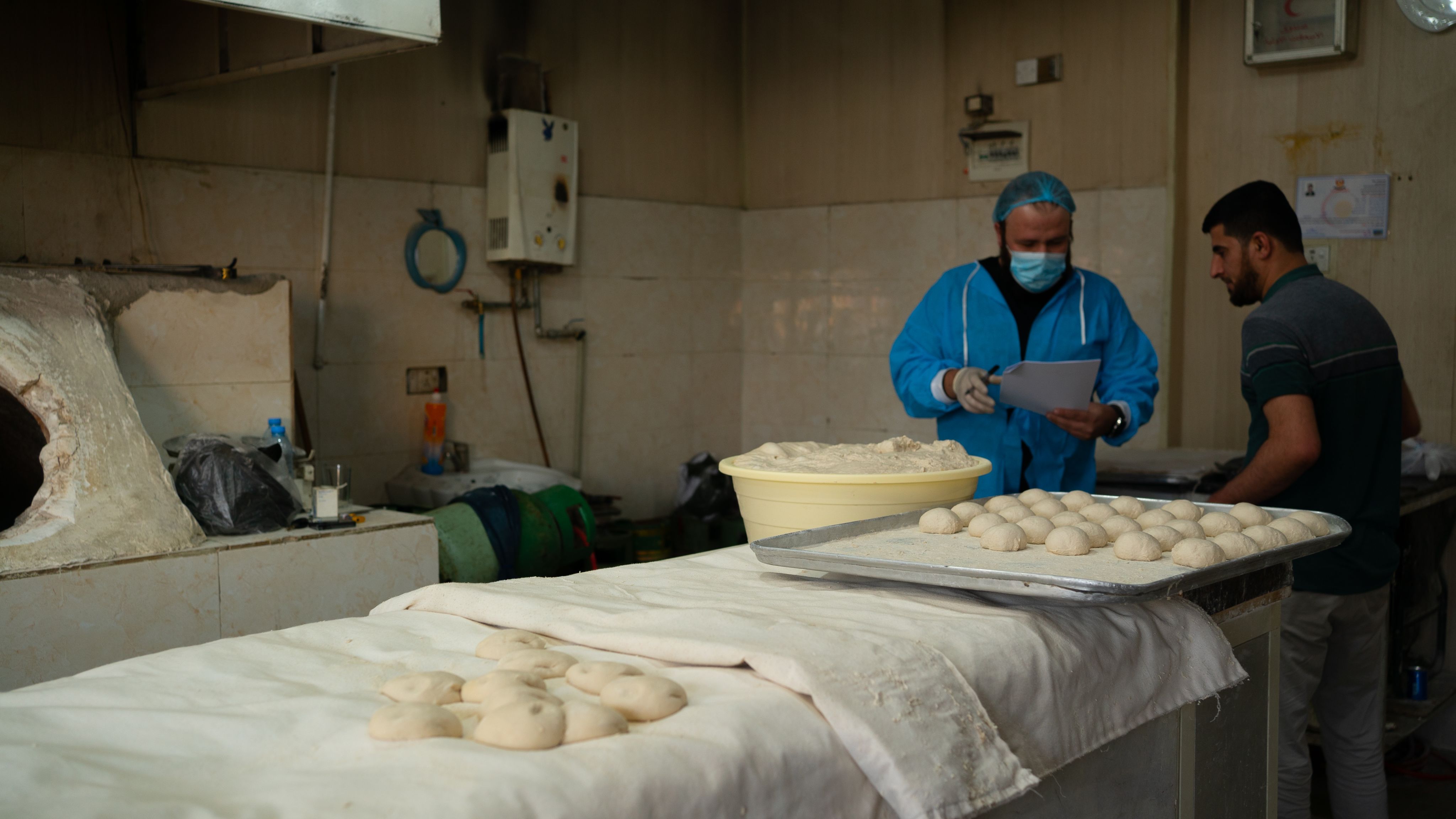
Let's break a habit. 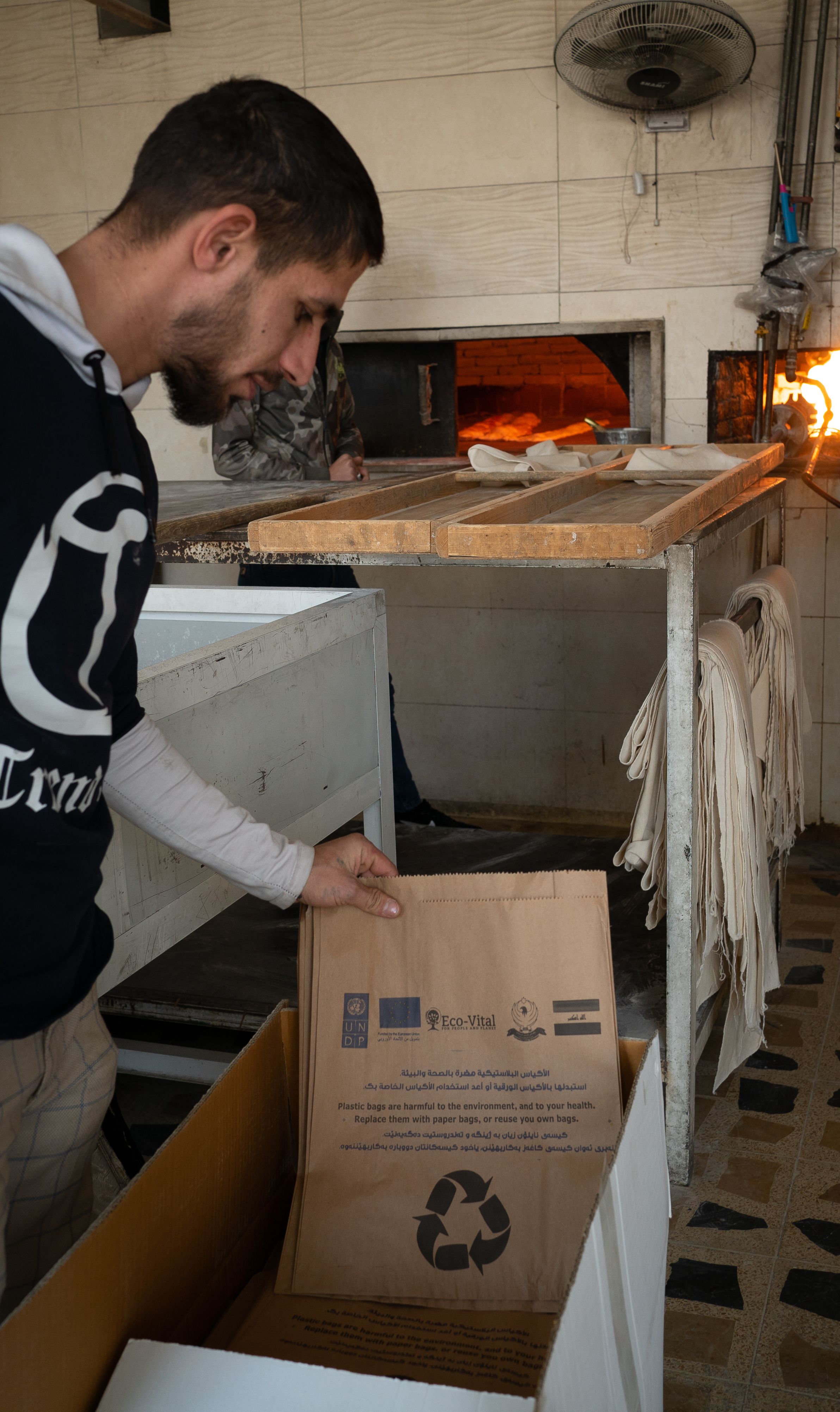
Seeing the popularity of bread in the region, and the similarity of the way it is packaged throughout the country, UNDP, with the funding of the European Union, approved Eco-Vital's project to distribute paper bags to bakeries across Erbil, in an effort to introduce the bakers and the consumers to this alternative, hoping it'll start a wave of environmental awareness, with the right tools and messages.
What does the baker think?
Eco-Vital and their paper bag production company partners reached out to almost all bakeries around Erbil, learning more about the reasoning behind the choice of plastic, when traditionally, people in Kurdistan used to get their bread in cloth or paper bags. It was clear that the biggest -if not the only- reason was the affordability of plastic, which is the main reason for plastic's popularity in recent decades anyway. However, most bakers seemed clueless to the real environmental and health risks that plastic imposes, but expressed excitement to get their share of the bags soon.
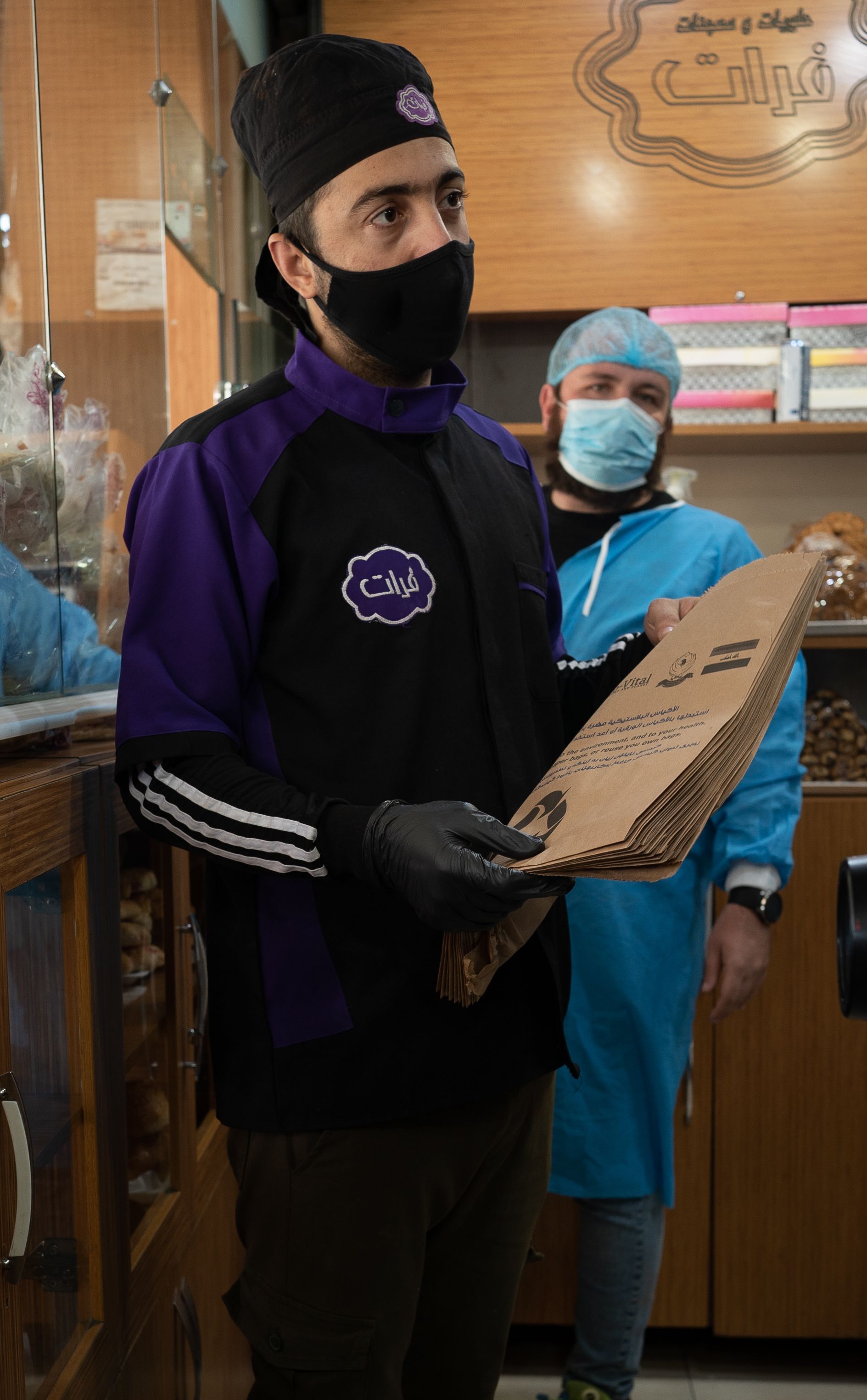
Distribution.
Volunteers and representatives of the civil society organization Eco-Vital took advantage of the distribution process to chat with bakers and brief them on the benefits of moving away from plastic bags, and the negative effect of plastic on health, so the bakers in return can do the same when asked by their costumers about the sudden change, and the word spreads.
Awareness.
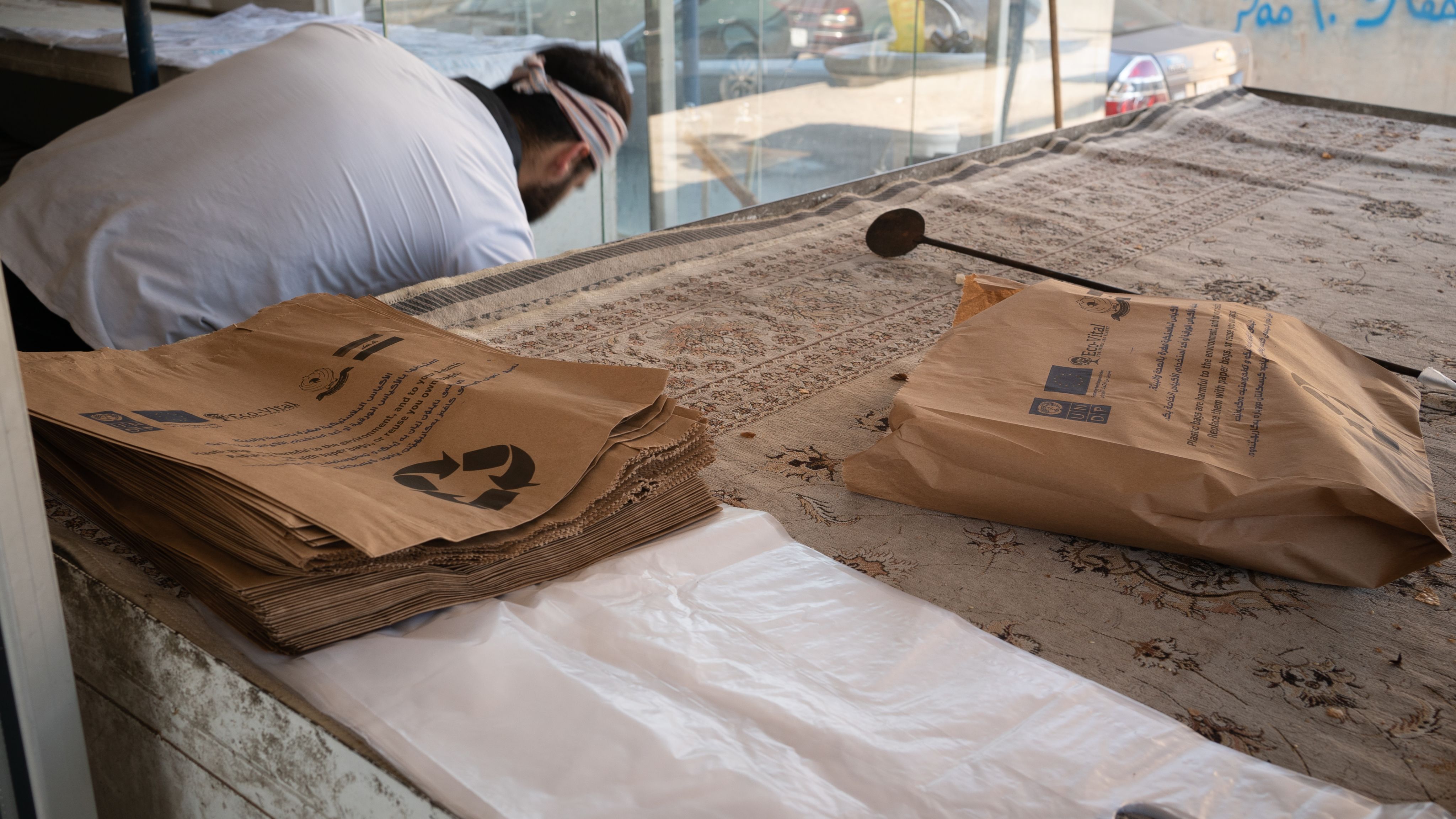
The initiative made some noise. It was covered on TV. People heard about it. The challenge of affordability is still there, but paper production companies in Erbil are woking hard to reduce the price to a competing level with plastic paper bags.
However, the biggest factor remains with people's awareness. If enough people want paper instead of plastic, the providers will have no other choice but to oblige, and that's where our focus will be.
This is only the beginning
but the conversation starts somewhere, why not start it early in the morning at the bakery?

 Locations
Locations




